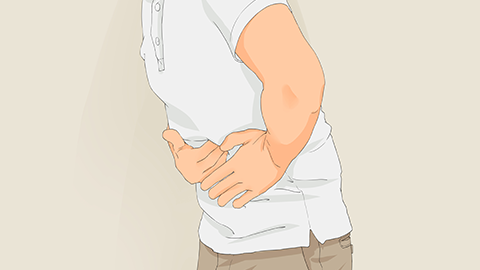Can patients with gastrointestinal bleeding drink water?
Generally, whether a patient with gastrointestinal bleeding can drink water depends on whether the bleeding has stopped and the stability of their condition. If the bleeding has ceased and the condition is stable, the patient can usually drink a moderate amount of water. However, if bleeding continues or the condition remains unstable, drinking water is not recommended. It is advised to seek timely medical attention and follow professional medical guidance. Detailed explanations are as follows:

If the patient's bleeding symptoms, such as vomiting blood or passing black stools, have stopped after treatment and the condition is gradually stabilizing, and the doctor assesses that the gastric mucosa is in the recovery phase, then the patient may drink a small amount of cool boiled water. Start with small quantities to avoid excessive intake at once, which may irritate the stomach. Monitor for any discomfort after drinking.
If the patient is still experiencing persistent bleeding, such as frequent episodes of vomiting blood or passing bright red or dark red blood in the stool, and the condition remains unstable, drinking water is not advised. In such cases, water intake may stimulate gastric motility and worsen the bleeding, and could interfere with subsequent diagnostic tests and treatment. Fluids and nutrition should instead be provided intravenously until the bleeding stops and the condition stabilizes, after which water intake can be resumed gradually under medical guidance.
In daily care, patients should avoid stimulant beverages such as strong tea, coffee, and alcohol. Once resuming water intake, patients should choose cool boiled water or bland rice soup, avoiding overly hot or cold liquids. The diet should consist of bland, easily digestible foods, avoiding spicy or hard foods to promote gastric mucosal healing and reduce the risk of re-bleeding.




